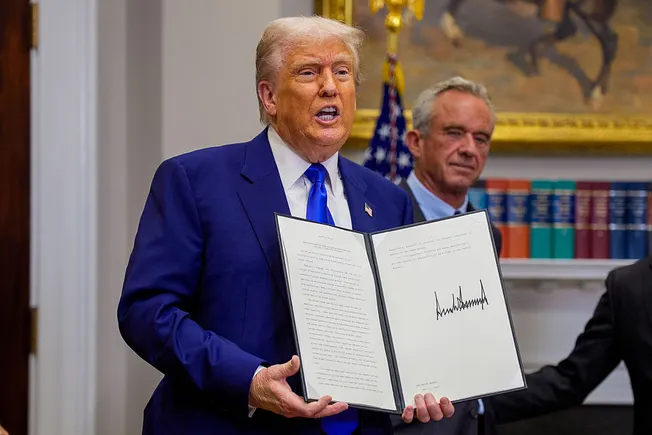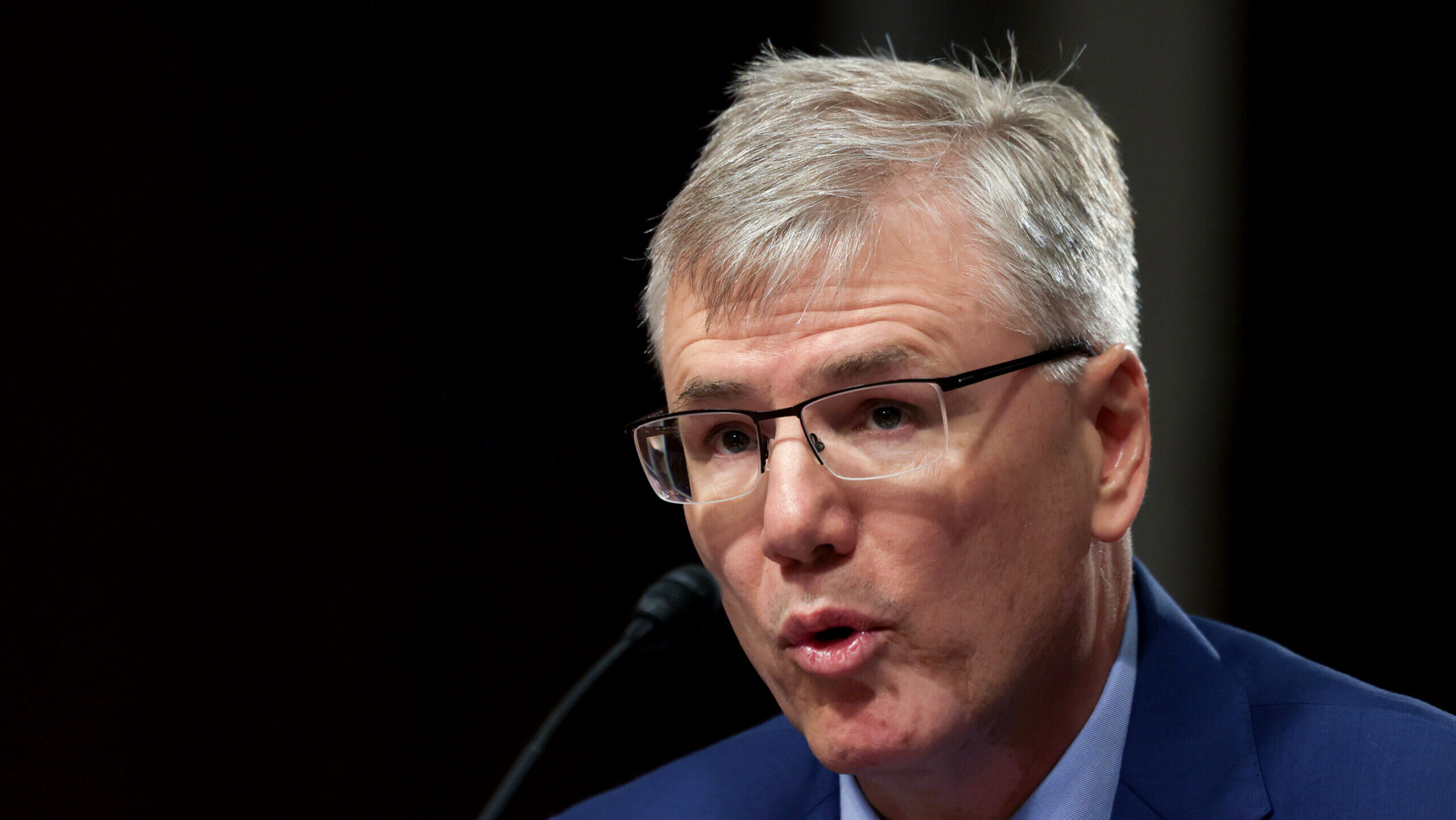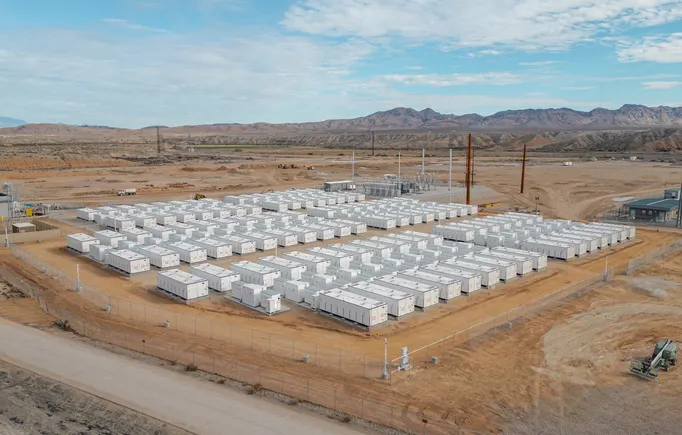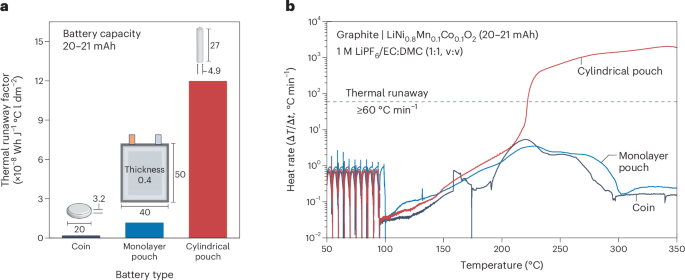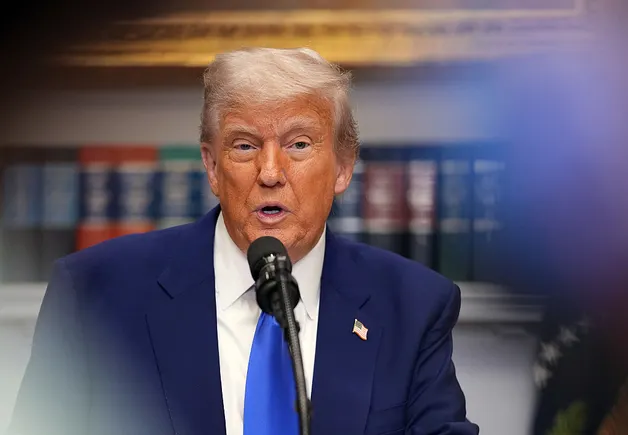STAT+: Pharmalittle: We’re reading about Trump’s drug-pricing order, Medicare negotiations, and more
President Trump’s executive order to lower drug prices through cross-agency action left pharma leaders scrambling to make sense of it

Top of the morning to you. Gray skies are hovering over the Pharmalot campus right now, but our spirits remain sunny, nonetheless. Why? We will trot out a bit of insight from the Morning Mayor, who would say “Every new day should be unwrapped like a precious gift.” To celebrate the notion, we are brewing still more cups of stimulation and invite you to join us. Remember, a prescription is not required. Our choice today is orange creme. Meanwhile, here are a few items of interest. Hope you have a smashing day and conquer the world. And of course, do stay in touch. We appreciate insights, feedback, criticism, and juicy tips. …
President Trump’s executive order to lower drug prices through sweeping, cross-agency action left leaders in the pharmaceutical industry scrambling Monday to make sense of what may be ahead — and how to respond, STAT explains. The announcement was long on messaging, but short on details. That may explain why share prices for many pharmaceutical and biotech companies dropped in the hours before the announcement, but gained ground after investors took stock of his moves. “This has the feel of a Truth Social post in the form of an executive order,” said Brian Reid of Reid Strategic, a consultant who works with drug companies on pricing and access issues. “It’s a bully pulpit move. There’s no actual instructions on how to use the law to effectuate this. It’s simply a statement that he wants prices to be lower.” But the executive order offers a sense of Trump’s commitment to the issue — and it offers hints of what may be ahead, depending on how the administration fills in the gaps.
The U.S. Centers for Medicare and Medicaid Services said it will announce a list of 15 drugs eligible for a third round of Medicare price negotiations by early February next year, Reuters writes. For the first time, the list would include drugs payable under Medicare Part B — which covers medicines administered in a doctor’s office or hospital — in addition to prescription drugs covered under Medicare Part D. The drug price negotiation process was established under the Inflation Reduction Act in 2022. The first round included drugs among the most expensive for Medicare insurance plans covering people aged 65 years and older or with disabilities. Negotiated prices for the third round will take effect on Jan. 1, 2028. Additionally, CMS said it was seeking public comment on various topics to enhance transparency and reduce the administrative burden for participating manufacturers.


































































